
We reached out to non toxic product expert, Aida Garcia-Toledo of 3 Little Plums, to learn more about baby gear chemical safety. Aida is dedicated to educating families about the hazards of daily exposure to toxic chemicals and helping them transition to a healthier and less chemically dependent lifestyle without adding stress.
Bumbleride:
Which 3 product categories should parents be most selective of in regard to chemical safety for baby gear and why?
Aida:
Parents should focus on those items that your baby uses the most. This might be different for every baby depending on your family’s routine, but generally speaking it’s safe to say that the three gear categories that most parents should be more selective with are
- Mattress: you want to make sure your baby’s mattress is free from: flame retardant chemicals, pvc, PFAS chemicals used in water proofing and polyurethane foam.
- Car seat: again you want to make sure your baby’s car seat is flame retardant chemical free and PFAS chemicals free.
- Strollers: avoid flame retardants, PFAS and PVC.
Bumbleride:
How are those chemicals from question 1 potentially harmful to baby and why?
Aida:
Flame retardant chemicals
PFAS chemicals: PFAS, or PeFC chemicals, are fluorinated compounds. These are a family of chemicals usually used to give items ‘non-stick’ ‘ stain/water repellant’ and ‘easy glide’ properties Over 6,000 variants of the chemical exist - and we don’t have testing to detect a lot of these variants so it can be hard to know what products contain PFAS and which don’t if companies do not disclose.
Many PFAS we know exist have not been studied for toxicity. However those that have been are linked with kidney and testicular cancer, thyroid disease, high cholesterol, low birth weight, decreased fertility and immune system damage.
With chemicals in general we find that chemicals that fall under the same ‘family’ usually have similar effects. Substituting one that we know is harmful for another one which hasn't been studied is called ‘ regrettable substitution’…. if one is found to be harmful then they should all be thought of as harmful until proven innocent.
PVC: Also called vinyl - PVC is a known human carcinogen that can also expose you to lead, a known neurotoxin, and endocrine disrupting phthalates. PVC is naturally very brittle and requires some sort of plasticizer which is why even PVC labelled as “phthalate free” should be avoided for babies because they could either contain phthalates not regularly tested for (in the US, by law, 8 phthalates are required to be tested for in children products but there are dozens of phthalates that exist) or other plasticizers that we just do not have safety information for.
Flame Retardant chemicals: These are chemicals added to make flammable materials like polyurethane foam, electronics, mattresses, car seats, interior of cars, insulation, wiring etc. less flammable and flame resistant. Unfortunately many flame retardant chemicals have been linked to : Preterm birth, altered thyroid function, neurodevelopmental problems, leading to altered behavior and learning ability, obesity
Bumbleride:
What are a few tips you would recommend for parents to help reduce their family waste footprint?
Aida:
The great thing about being an environmentally conscious parent is that everything our kids see us do at home becomes their basis for what ‘normal ‘ is…. so any habits we incorporate at home to reduce our overall waste footprint will become the norm for them when they grow up- something that is definitely worth the effort.
Reducing our family’s waste footprint can be easy - here are three simple habits to incorporate:
-
Compost. When we throw away organic waste (raw food waste like banana peels, coffee grounds and uncooked fruits and veggie waste and garden waste) and it heads to a landfill it generates an estimated 8-10 per cent of global greenhouse gas emissions and makes up about 56% of what we currently send to landfills. Composting is a great way to help our planet. Many cities already compost via green garbage bins that pick up yard scraps. If they also accept food waste, you can set up a compost bin in your kitchen and throw it away in the special garbage bin for pick up. Home composting kits are also available and a great way to produce high quality non toxic fertilizer for your own lawn.
-
Pay attention to packaging. Look at the products you buy the most: shampoo, body wash, makeup, laundry detergent, dish soap, ketchup, fruits etc. If it is all packaged in plastic the plastic quickly begins to add up. Many low tox companies also pay attention to packaging and sell items in plastic free packaging… seek these out.
-
Use less. In general, use less. Reuse what you can and buy less stuff. This will be better for the planet and will also, as an added bonus, automatically expose you to less ingredients and less toxins!
Bumbleride:
Thank you Aida for your priceless chemical safety information and tips on reducing waste!
Visit Aida's website to read more and follow her on Instagram.
Learn more about our non-toxic Travel Systems with Clek and our Strollers.


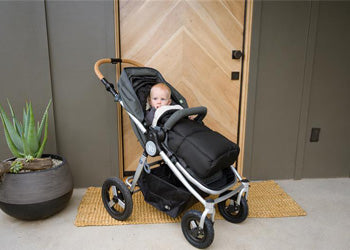
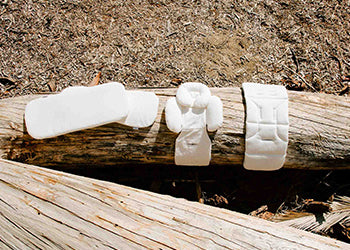
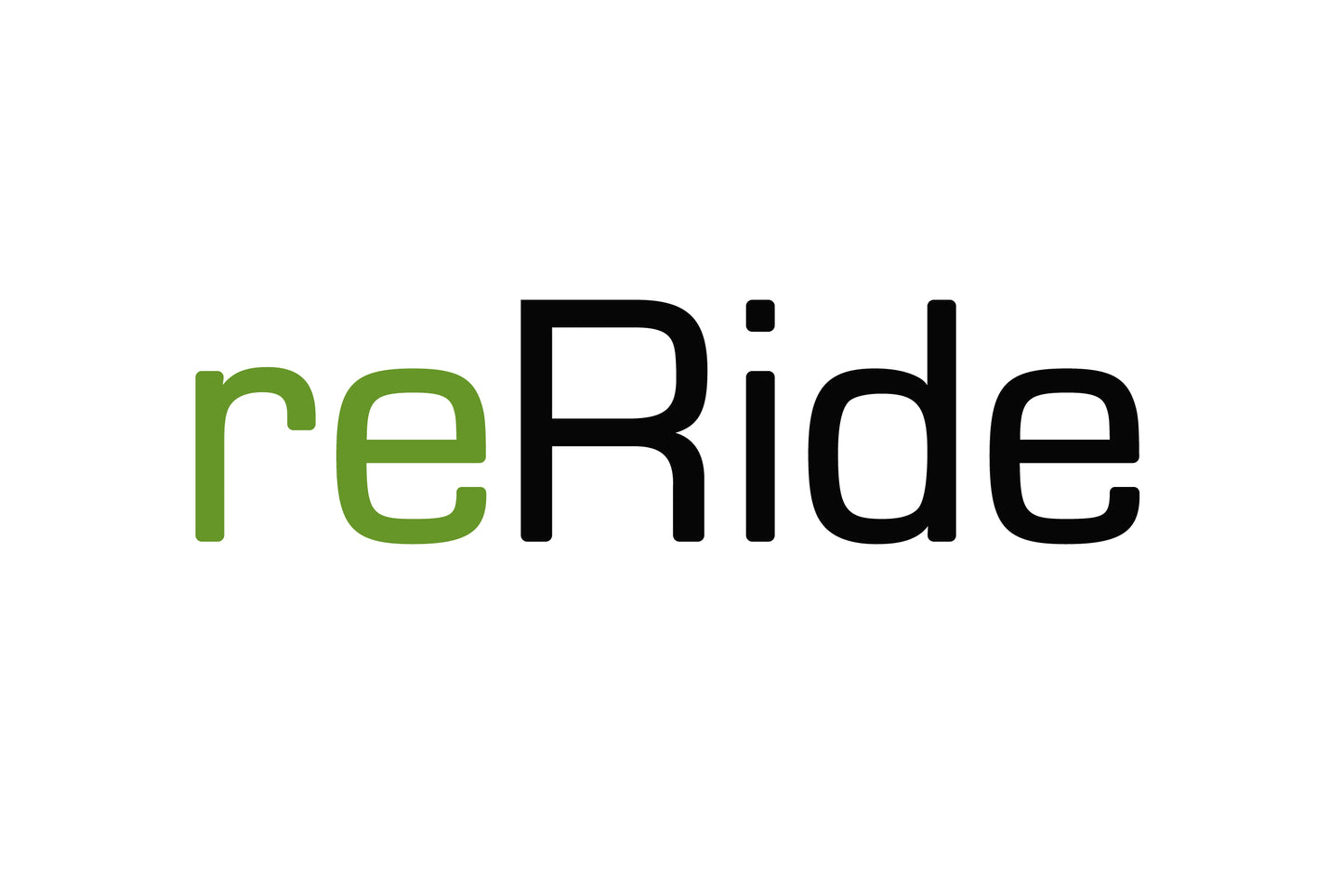
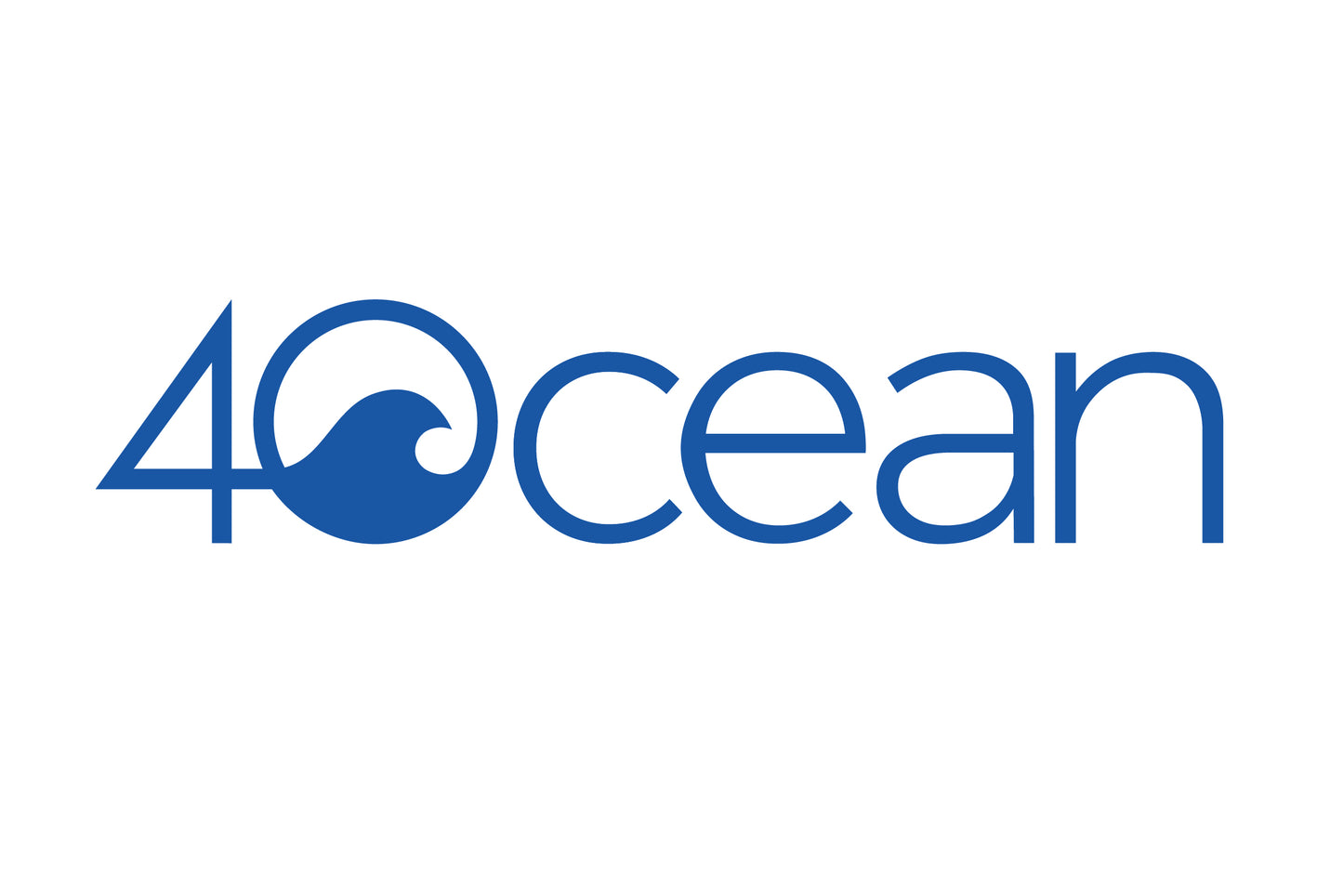
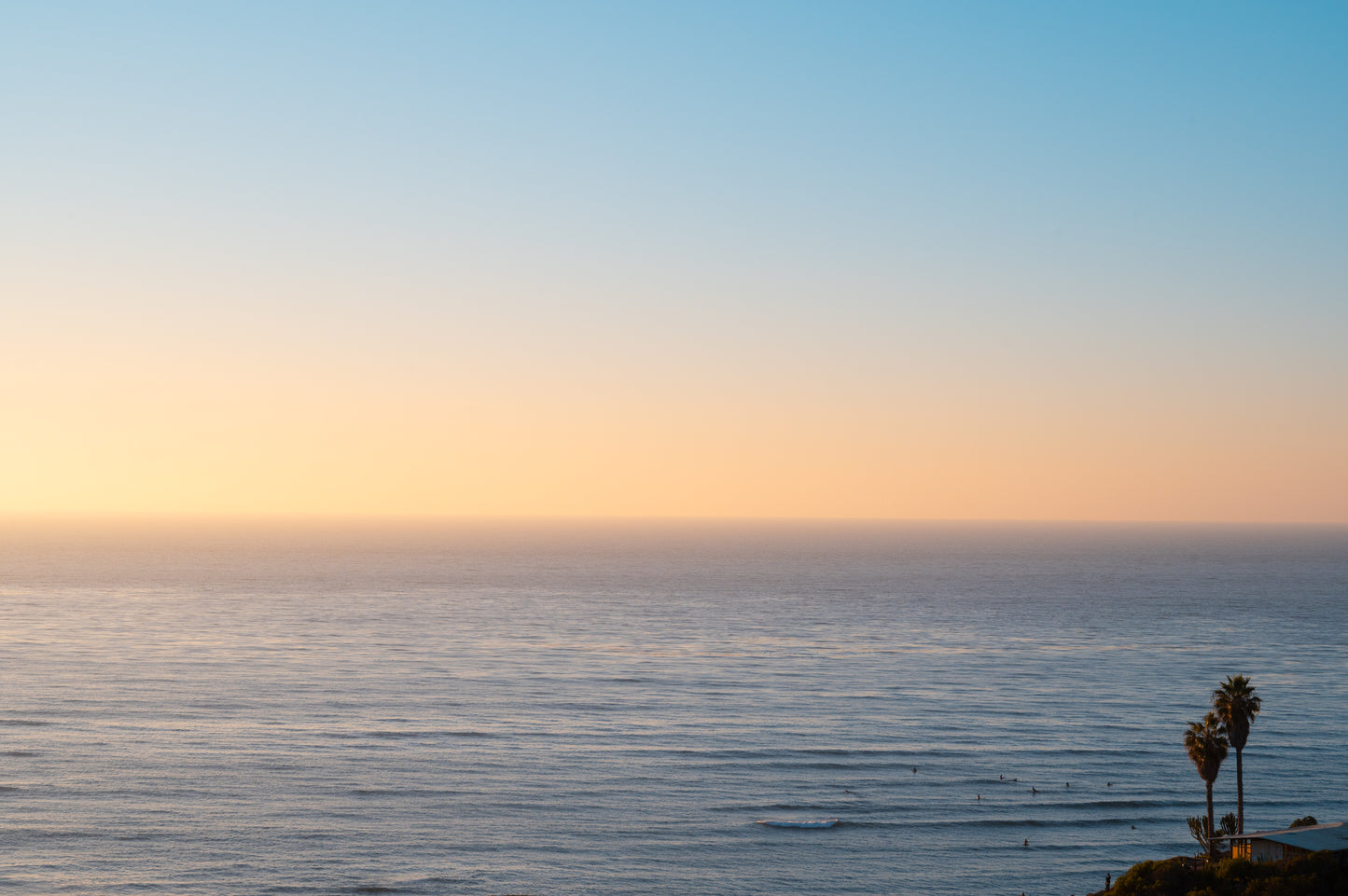
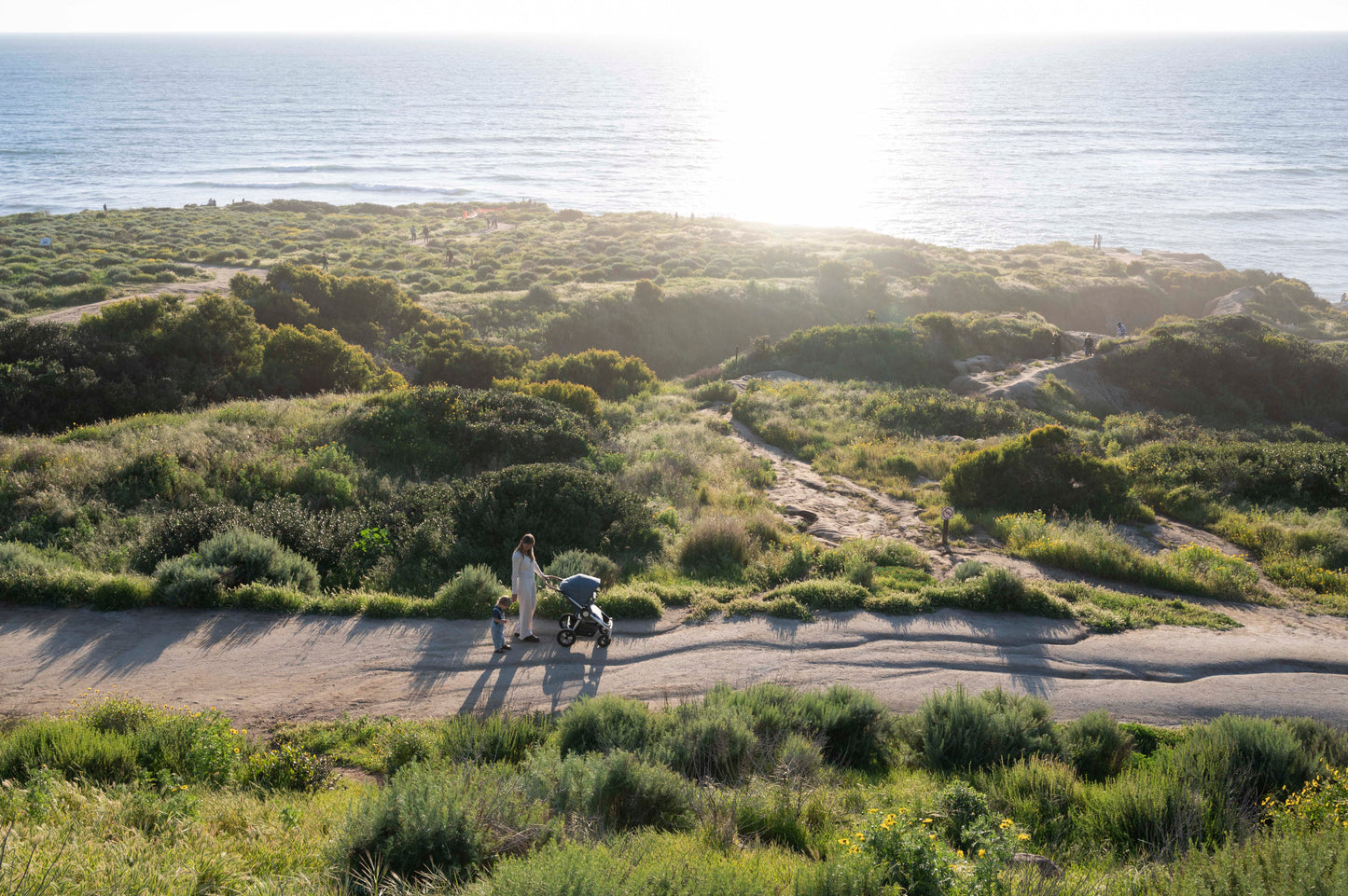

 Estonia
Estonia Latvia
Latvia Lithuania
Lithuania